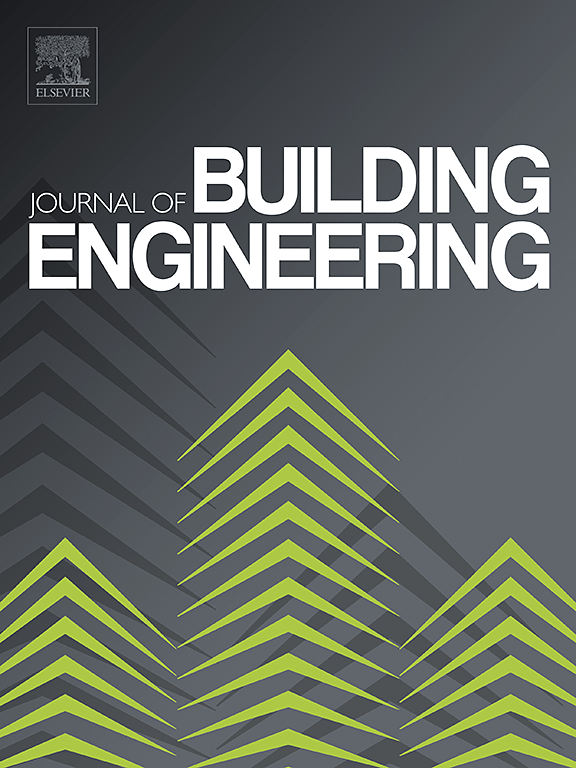Effect of biochar characteristics on freeze-thaw durability of biochar-cement composites
IF 6.7
2区 工程技术
Q1 CONSTRUCTION & BUILDING TECHNOLOGY
引用次数: 0
Abstract
Biochar is considered as an eco-friendly cement additive because of its carbon storage and hydration promotion potentials. However, the uncertainty of the effect of biochar on durability of cement-based materials limits its application. In particularly, there is little knowledge about the freeze-thaw degradation behavior of biochar-cement composites. In this study, the correlation between the physicochemical properties of biochar and the freeze-thaw resistance of biochar-cement composites is investigated to ensure its durability in cold regions. Biochar with different particle size, specific surface area, pore structure, and functional groups were prepared by various pyrolysis temperatures and modification methods. The finely ground biochar has a better strengthening effect on cement paste, increasing 3-d and 28-d compressive strength by 53.9 % and 16.8 %, respectively. It also improves the freeze-thaw resistance of concrete at low dosages. Modification methods of nitrogen-doping and alkali-activation brought higher surface area, water retention, and more functional groups to biochar. Addition of modified biochar increases 24-h hydration heat by 9.38 %, as well as improve the pore structure of cement paste. Generally, biochar has a positive effect on freeze-thaw resistance by improving the mechanical properties of concrete and acting as air bubbles. However, the retained moisture of biochar also leads to additional weak interfaces and freezing expansion stress. When biochar dosage is greater than 5 %, the mass loss of specimens exceeds 5 % after only 125 freeze-thaw cycles. Hence, for biochar-cement composites served in cold regions and humid environments, it is necessary to evaluate the biochar characteristics and their positive/negative effects on freeze-thaw resistance.
求助全文
约1分钟内获得全文
求助全文
来源期刊

Journal of building engineering
Engineering-Civil and Structural Engineering
CiteScore
10.00
自引率
12.50%
发文量
1901
审稿时长
35 days
期刊介绍:
The Journal of Building Engineering is an interdisciplinary journal that covers all aspects of science and technology concerned with the whole life cycle of the built environment; from the design phase through to construction, operation, performance, maintenance and its deterioration.
 求助内容:
求助内容: 应助结果提醒方式:
应助结果提醒方式:


